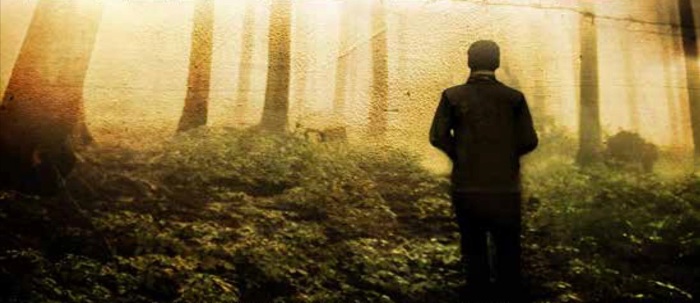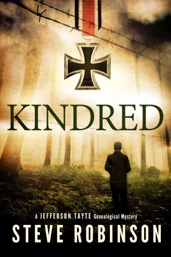Telling the Story
When I set out to write Kindred I soon realised that I had set myself an enormous challenge. As well as writing a wartime story from a German‘s point of view, I decided I also wanted to drop JT into Germany to unravel it. This presented a number of issues, not least because as well as setting out to write something bigger and better than before, I now had to write about an unfamiliar land and culture, both past and present, whose language was entirely foreign to me. So I knew early on that Kindred was going to be a difficult book to write.
Up until now, all of my leading characters in the historical narratives of my books have been female, so something new for this book is that it’s the first time I’ve written the past story from a male main point of view. His name is Johann Langner and he’s an officer in the Waffen SS, which presented another big challenge in writing this story, because I know that to ask readers to like a Nazi is a lot to ask.
As well as exploring JT’s ancestral roots, Kindred sets out to answer a question he has been carrying around with him all his life: Why did my mother abandon me? This was an important question for me, too, because believing that no mother could abandon her child lightly, I knew the answer really had to stack up. That was the end I had in mind when I began writing, and it begins with two unlikely friends who met one day at a Hitler Youth training academy, and a girl called Ava Bauer. ‘Ah, there is always a girl, isn’t there?’ as the elderly Johann Langner says






















